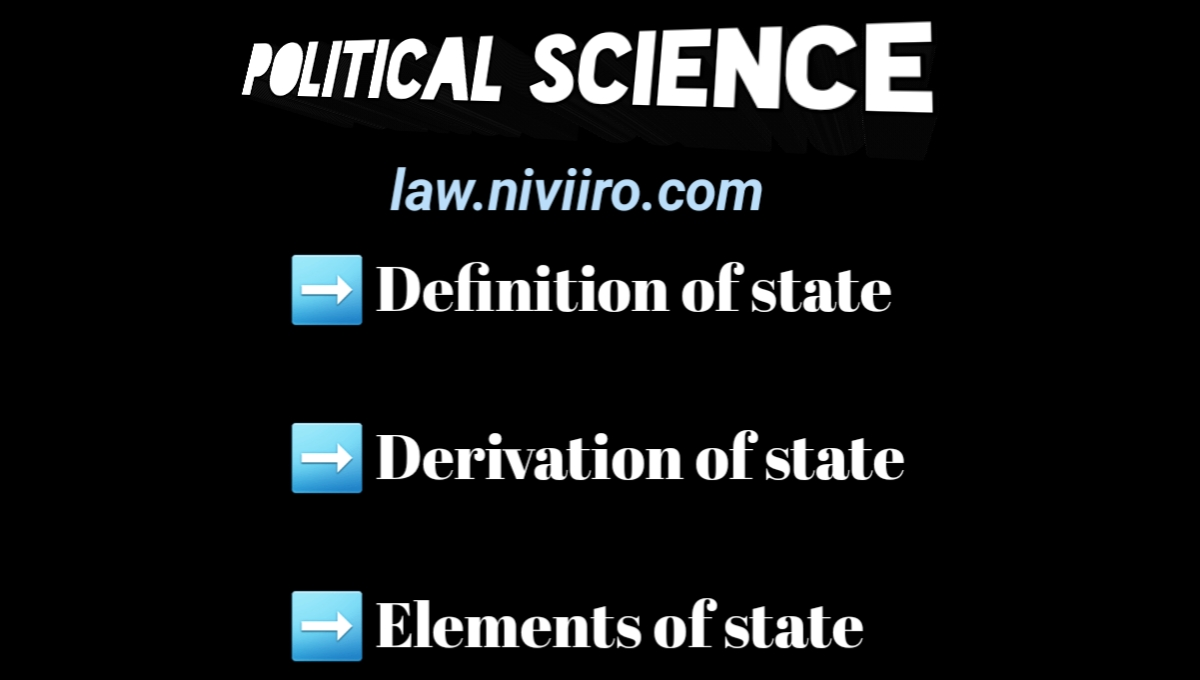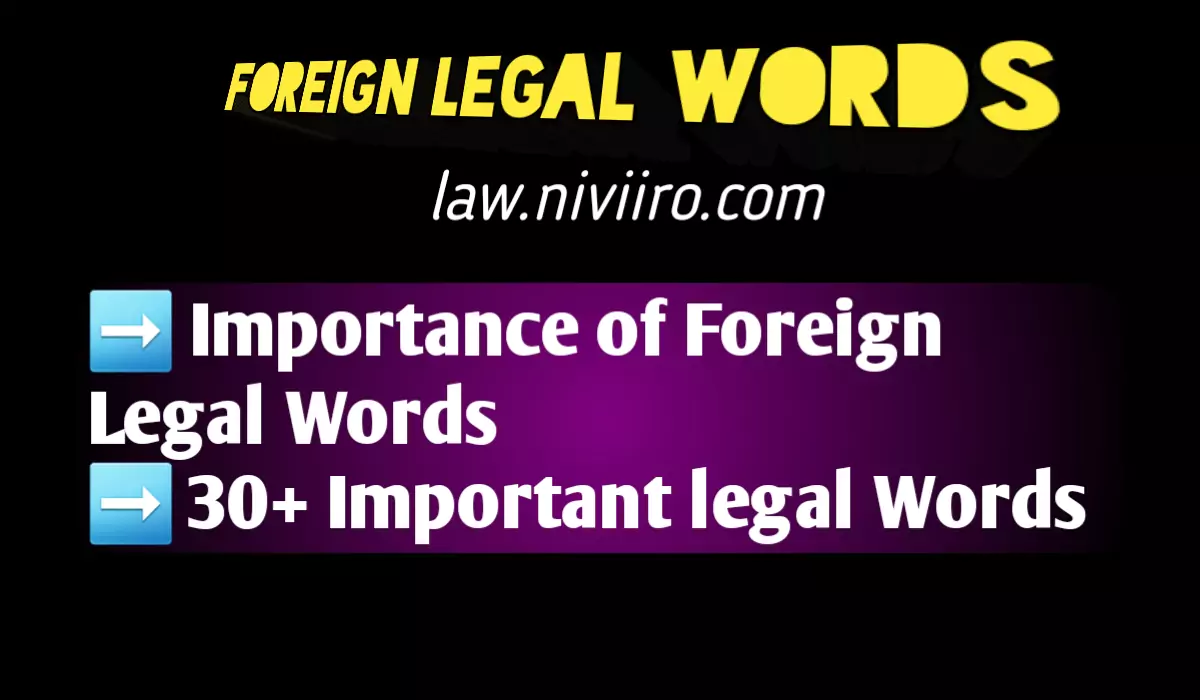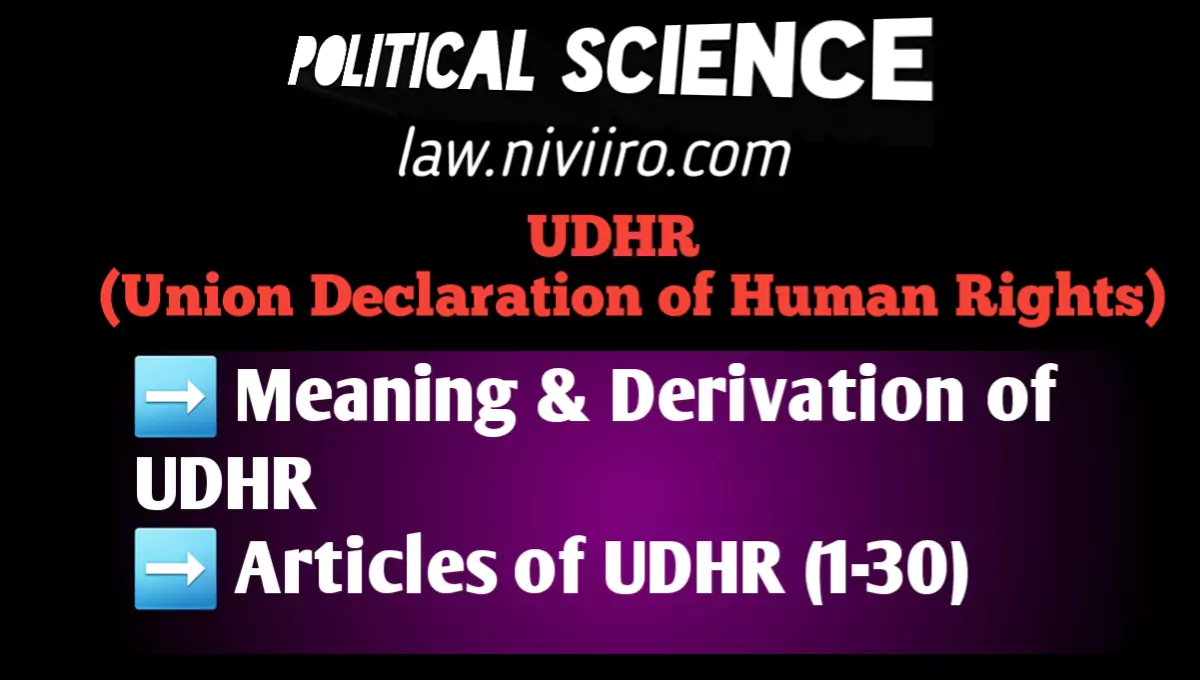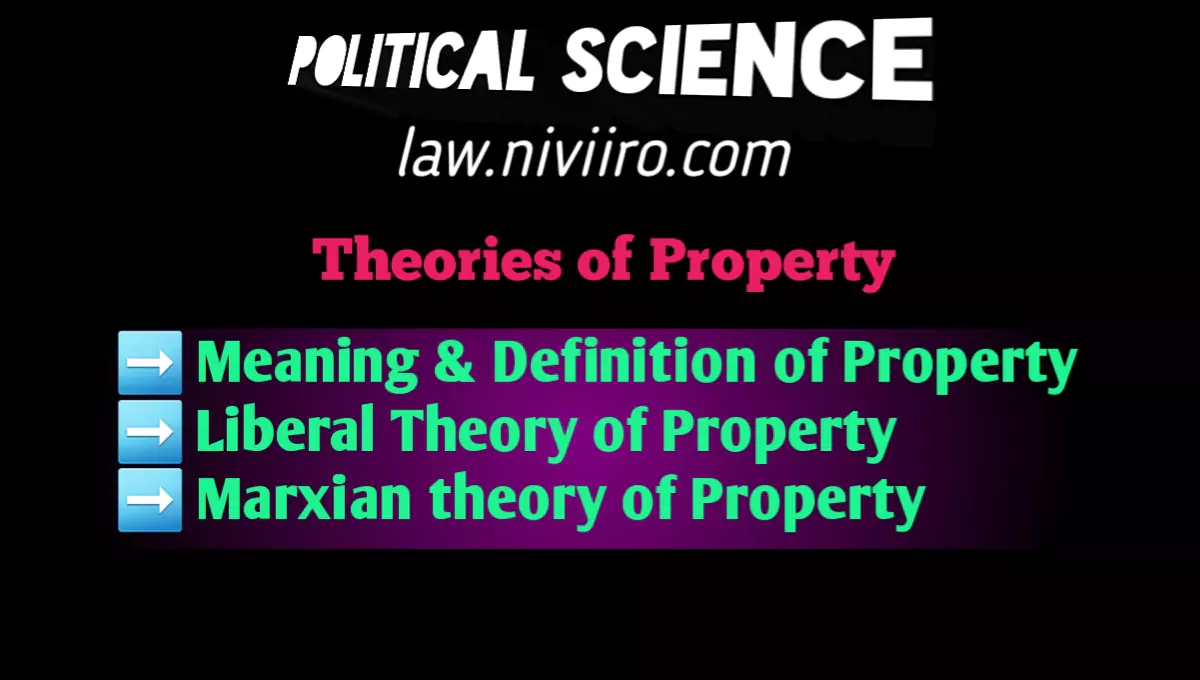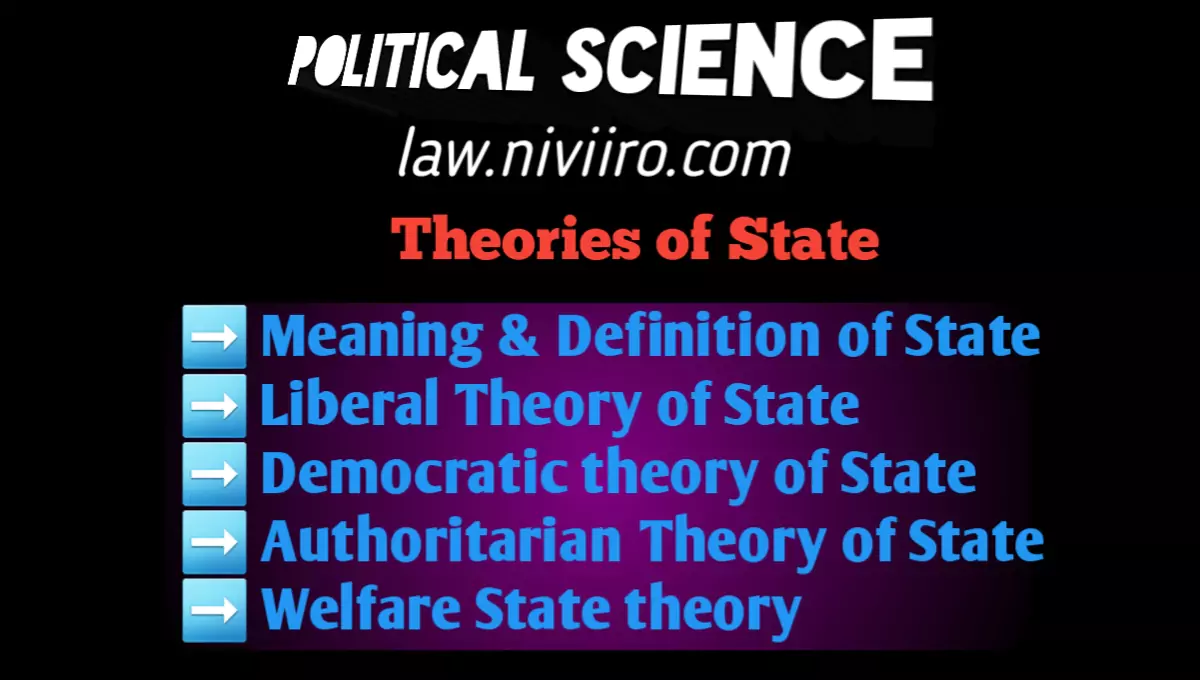As previously said, Political Science is concerned with the State, the highest of all human relationships. The Greek term “polis” is most closely related to the English term “state.” “Polis” was the Greek name for “City States.” The phrase was appropriate because there were “city-states” in Greece at the time. “Political Science was largely municipal science for the Greeks,” explains Seeley. The Romans used the term “Civitas,” which meaning “city.” However, the term ‘civitas’ used by the Romans signified not only the concept of city citizenship but also the concept of public welfare.” The Teutons used the term “status,” which is merely part of a longer sentence.
The modern word “State” is derived from the word “status” used by the Teutons. Niccolo Machiavelli (1469-1527) is credited with coining the term “State” (State) in Political Science. He was the first to use this term in the modern political science literature. As a result, it is obvious that the term “State” did not become widely used until the sixteenth century. A large portion of Medieval Europe was unfamiliar with the concept of a modern state. Over time, the term “acquired the neutral sense of authority pure and simple or constitution whatever its principles or direction.”
Definition of State
The term “State” has been defined by a number of political thinkers who tired their best to let us know what they meant by the term “State”. A few popular definitions are given below:
- Aristotle defined the state as “a union of families and villages having for its end a perfect and self-sufficing life by which we mean a happy and honourable life.”
- Burges defines the state as a “particular portion of mankind viewed as an organized unit.”
- According to Bluntschli, “The state is politically organized people of a definite territory.”
- According to Dr. Garner, “State as a concept of political science and public law, is a community of persons more or less numerous, permanently occupying a definite portion of territory, independent or nearly so, of external control and possessing an organized Government to which the great body of inhabitants render habitual obedience.”
- In 1576 Bodin defined the state as “an association of families and their common possessions, governed by supreme power and by reason.”
- Cicero defined the state as “a numerous society united by a common sense of right and a mutual participation in advantages.”?
- According to Woodrow Wilson, “The state is people organized for law within a definite territory.”
- Professor Laski defined State as “a territorial society divided into government and subjects claiming within its allotted physical area, a supremacy over all other institutions.”
Constituent Elements of the State
A detailed search and close examination of the definitions provided above indicate that the present state is made up of the four constituent elements listed below:
- Population or the number of people.
- Fixed Territory or a definite place of residence.
- Government or an organization for uniting the people.
- Sovereignty or supremacy in internal matters and independence of external control.
Population
There is no doubting that the state is a human institution and the most powerful of all human groupings. Obviously, there can be no state without people. A population of some kind is required for the State to exist. There can be no state in an empty land, nor can a specific piece of territory without human occupancy be considered a state. The State, as a human institution, can never exist without people. The State cannot be made up of living beings other than humans. A desert or wasteland without human habitation can never be called a modern state, nor can a state of animals and monsters exist….
Related Post
Define “State” ?
According to Aristotle the state as “a union of families and villages having for its end a perfect and self-sufficing life by which we mean a happy and honourable life.”
What are the four Constituent Elements of the State ?
A detailed search and close examination of the definitions provided above indicate that the present state is made up of the four constituent elements listed below:1. Population or the number of people. 2. Fixed Territory or a definite place of esidence. 3. Government or an organization for uniting the people.
4. Sovereignty or supremacy in internal matters and independence of external control.
References
- Prof. H.C. Verma, Modern Political Theory
- M.P. Jain, Political Theory liberal and Marxiam
- J.C. Johari, Political Science
- Prof. S.L. Verma, Modern Political Theory
- V.D. Mahajan, Political Theory
- R.C. Agarwal, Political Theory













